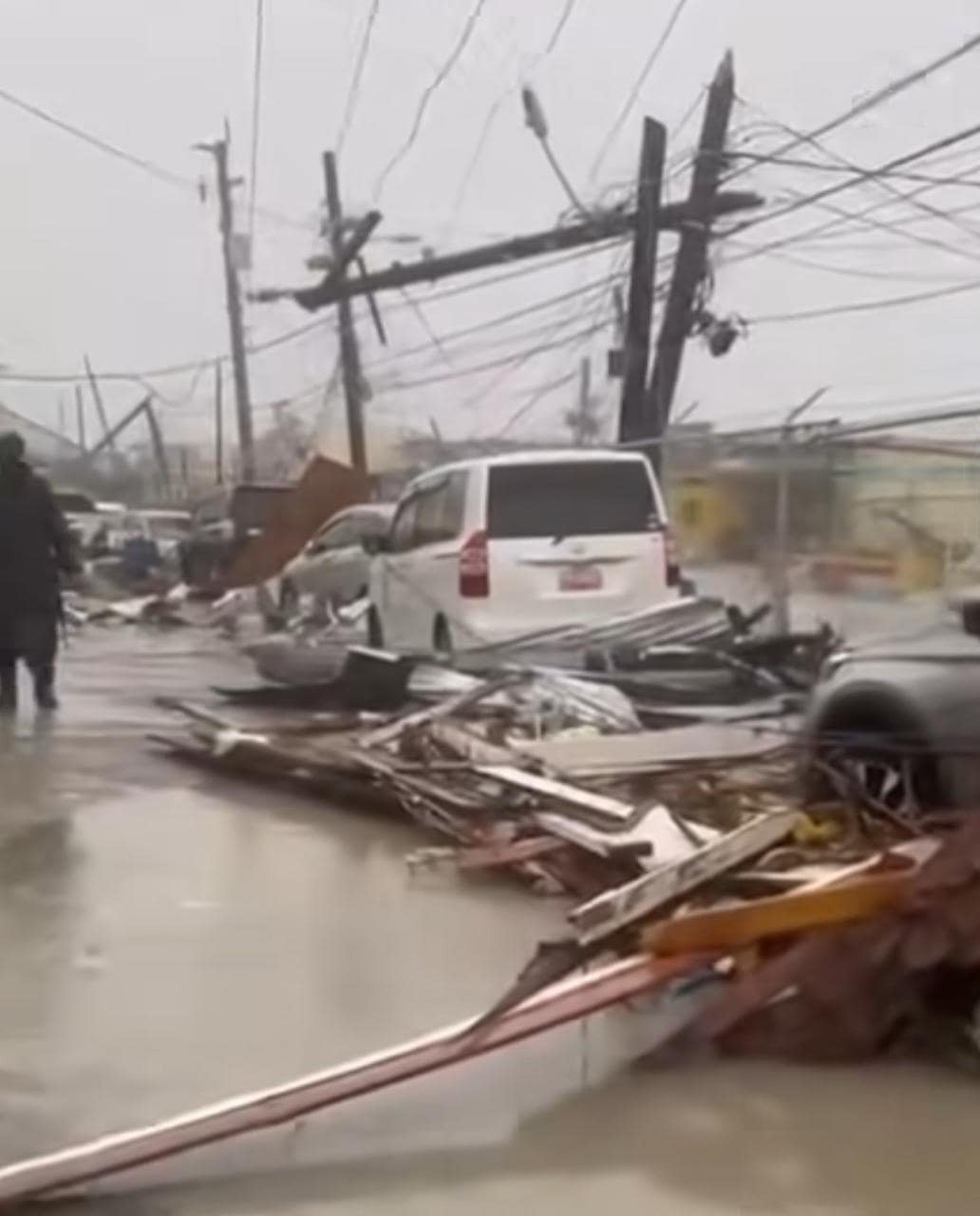Dr. Carla Barnett, Secretary-General of the Caribbean Community (CARICOM), has emphasized the urgent need for international cooperation to address the escalating insurance costs in the tourism sector of Small Island Developing States (SIDS). Speaking at the 6th Global Services Forum, held during the 16th United Nations Conference on Trade and Development (UNCTAD16), Dr. Barnett underscored the vulnerability of CARICOM’s service-driven economies to increasingly severe and frequent climate events. She highlighted that older tourism properties face significantly higher insurance premiums, while securing coverage for new investments has become nearly impossible. Dr. Barnett called for collective global action to mitigate these challenges. The Forum, themed ‘Services: A New Frontier of Economic Transformation for Equitable, Inclusive and Sustainable Development,’ explored the pivotal role of the services sector in fostering economic growth, job creation, and exports. Services now account for two-thirds of global GDP, with CARICOM states like The Bahamas, Saint Lucia, and Barbados seeing this figure rise to 75 percent. Even in more diversified economies such as Trinidad and Tobago and Jamaica, services contribute approximately 60 percent of GDP. Dr. Barnett stressed the importance of international partnerships in bridging structural gaps and enhancing resilience. She cited collaborations with UNCTAD, the World Trade Organization (WTO), and international development banks as critical to strengthening institutional capacities and service provider capabilities. The Trade in Services project, a joint initiative between UNCTAD and CARICOM, exemplifies such efforts by building the data infrastructure necessary for evidence-based policymaking and transformative growth. CARICOM’s services sector encompasses tourism, financial services, ICT, professional services, entertainment, and cultural and sporting services. Dr. Barnett reiterated that targeted global support is essential to unlock the full potential of these industries and protect them from climate-related disruptions.
Global action urged to lower insurance costs for hurricane-prone island states – CARICOM Secretary-General
